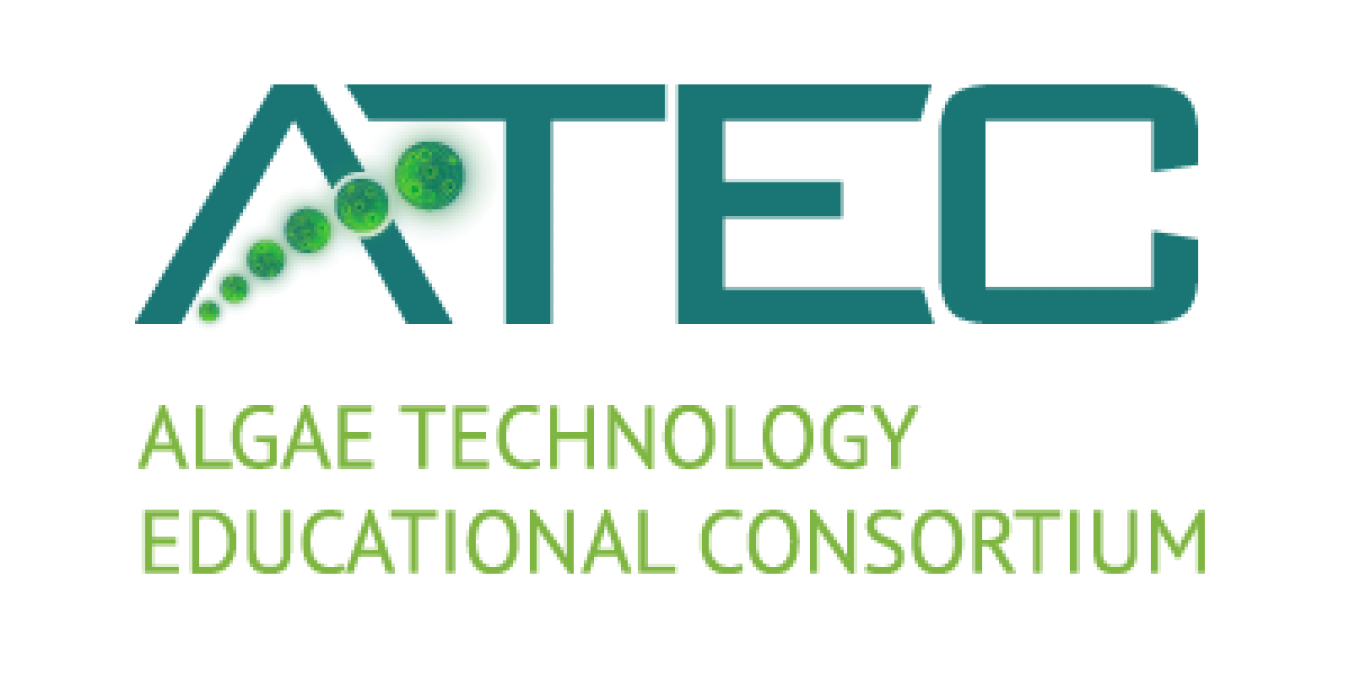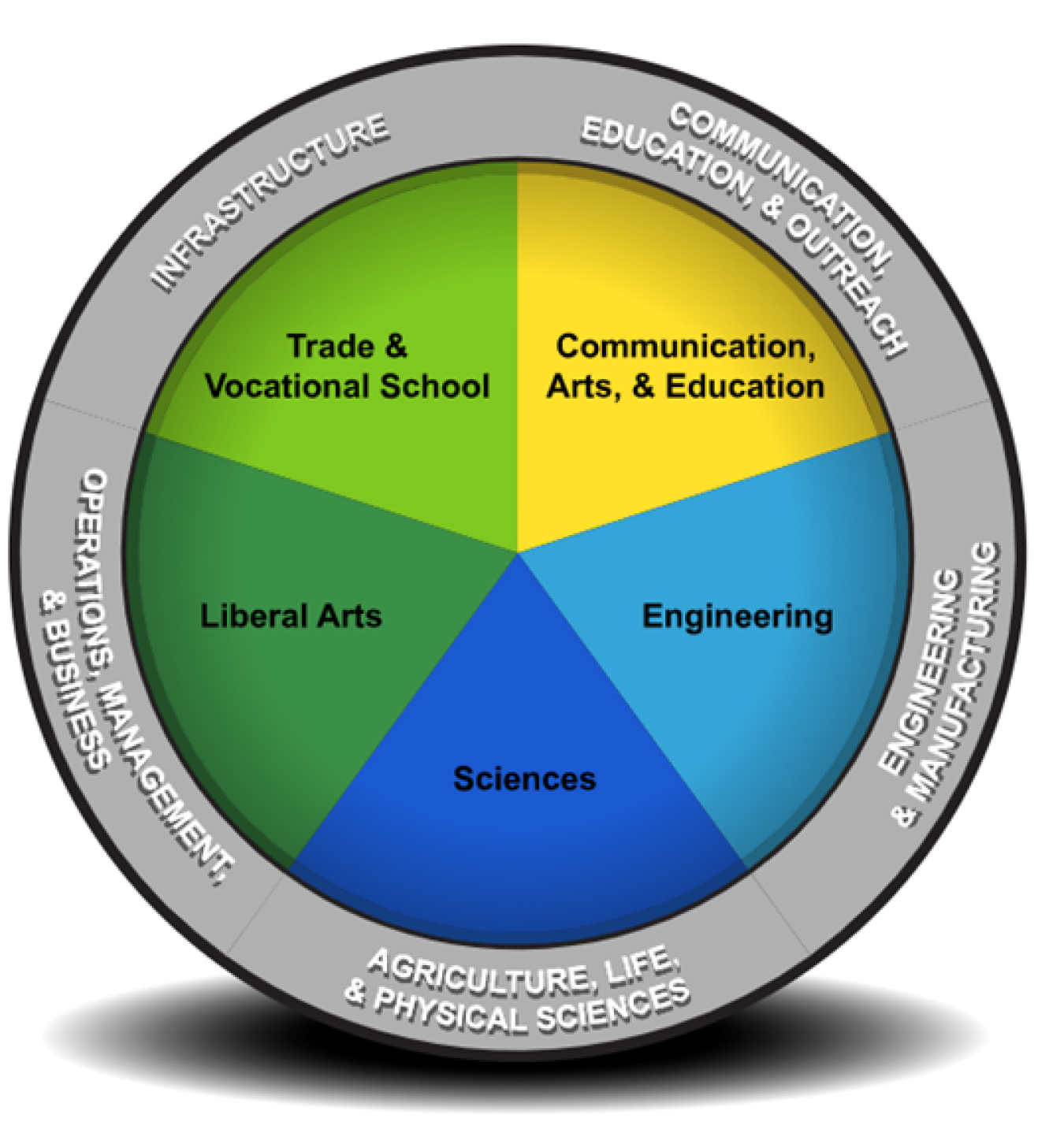The U.S. Department of Energy's Bioenergy Technologies Office (BETO) understands that the growing U.S. bio-based economy (bioeconomy) is creating opportunities for individuals with a wide range of skills and training while supporting the national priorities to build a 100% clean energy economy and reach net-zero emissions by 2050. A knowledgeable and well-trained workforce is essential for developing the domestic bioeconomy and meeting future energy demands.
The Analysis Interagency Working Group of the Biomass Research and Development Board has estimated that the bioeconomy contributed approximately $50 billion and over a quarter million jobs to the U.S. economy in 2015.
The effects of a larger bioeconomy would have a dramatic impact across rural, suburban, and urban economic sectors, with a cumulative job benefit of over a million new positions that cannot be outsourced. New careers would be generated in:
- Biomass production and logistics
- Facility operation and quality control and distribution
- Research and development
- Finance
- Supplies
- Services that deal with the complexities of building and running new biorefineries.
BETO is advancing towards the goal of American energy independence through the development of tools and information on the careers, education, and training opportunities available to meet the needs of a growing bioenergy workforce.
BETO's Workforce Development Strategy
The bioenergy industry has significant potential to serve as a vehicle for U.S. job creation and economic opportunities from rural to urban communities. Tools that illustrate career pathways, income diversification, and other community impacts are essential. In order to tap into this potential, BETO has developed a five-point strategy:
- Enhance bioenergy literacy and increase awareness in bioeconomy workforce opportunities.
- Improve access to educational resources and awareness of bioenergy related workforce opportunities.
- Highlight workforce training resources to ensure the U.S. has a competitive advantage in clean energy technologies.
- Identify and address gaps in the bioenergy education and workforce development sphere.
- Increase and create diversity, inclusion, and equity opportunities and guidance across the bioenergy network.
BETO-Funded Education and Workforce Development Portfolio
In addition to funding bioenergy research and development projects at the U.S. Department of Energy national laboratories, BETO funds numerous programs to help develop a U.S. workforce to strengthen the bioeconomy.
Algae Technology Educational Consortium (ATEC)

ATEC is a BETO-funded partnership between academic institutions, national research laboratories, and industry leaders to develop novel educational programs to strengthen industry workforce capabilities by focusing on the skills needed to support the commercialization of algal products. Through these programs, ATEC helps students learn practical applications of farming and biotechnology to develop the skills for the next generation of algal-based jobs.
The audience that ATEC serves includes K–12 STEM students, collegiate students, professionals already in the algae industry, traditionally underserved populations, and those looking for a new career pathway.
ATEC has developed content such as:
- Algae-based curricula for collegiate courses
- Extension in-person short courses
- Massive open online courses (MOOCs).
OPERATION BioenergizeME: K–12 STEM Awareness

OPERATION BioenergizeME is BETO’s education base camp for students and educators and anyone seeking to better understand the promises and challenges in developing a thriving bioeconomy. OPERATION BioenergizeME has a threefold mission:
- Improve public accessibility to information about bioenergy production and the bioenergy industry.
- Support formal and informal education, including STEM and vocational programs, in exploring issues relevant to sustainable production of biopower, biofuels, and other bioproducts.
- Engage future scientists and engineers in developing solutions to technical and nontechnical challenges associated with broad adoption of bioenergy technologies.
BETO's Bioenergy Career Map
The growing U.S. bio-based economy (bioeconomy) is creating opportunities for individuals with a wide range of skills and training while supporting the national strategy to develop diverse domestic energy resources.
BETO's Bioenergy Career Map is an interactive, educational tool that explores the vast network of bioenergy occupations, illustrates potential career pathways, and identifies the education and training required for each career. The career map profiles over 60 positions and over 100 advancement tracks among careers that span five subsectors of the bioenergy industry:
- Infrastructure
- Agriculture, Life, and Physical Sciences
- Engineering and Manufacturing
- Communication, Education, and Outreach
- Operations, Management, and Business.

